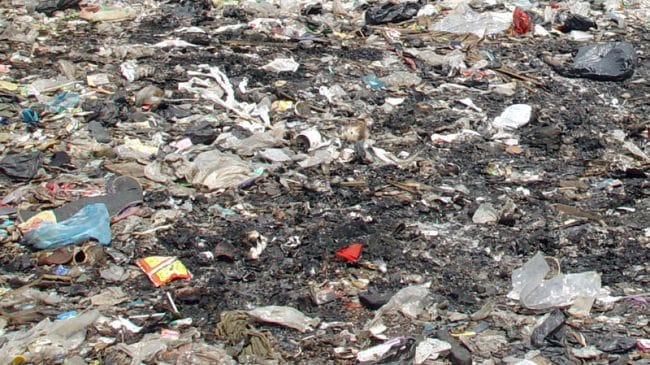In the past 15 years, approximately 190 municipalities in the U.S. have passed ordinances imposing bans, fees and/or taxes on plastic shopping bags. Many have also introduced fees or taxes on paper bags. Proponents of such ordinances claim they are necessary in order to reduce litter and other environmental impacts, ranging from resource use to emissions of greenhouse gases. In addition, many proponents claim the ordinances will reduce municipal costs (such as those associated with litter removal and waste collection), with benefits for taxpayers.
This study investigates all these claims using the best data available and finds:
- The bans, fees and taxes on shopping bags have a minuscule impact on litter.
- There is no evidence of a reduction in municipal litter or waste collection costs as a result of the introduction of bans, fees and taxes on shopping bags.
- Other environmental impacts are not significantly reduced and some, including greenhouse gas emissions, may increase as a result especially of restrictions on the use of plastic (HDPE) shopping bags.
- There is likely an adverse health effect from people failing to wash bacteria-ridden reusable bags, the use of which may increase as a result of restrictions on the distribution of other bag types.
- Reusable bags are less convenient and, when taking into account the time and resources required to remove bacteria from bags, are very costly for consumers.
- The costs of plastic bag bans fall disproportionately on the poor.
In sum, over the past 30 years, decisions by consumers and retailers have dramatically shifted consumption toward bags with superior environmental and cost characteristics, namely those made from high-density polyethylene (HDPE) plastic. By banning HDPE plastic bags, legislators have been reversing this trend, to the detriment of the environment and consumers.
Those people who are genuinely concerned about reducing litter and other environmental problems should focus their efforts on solutions that have been proven to work. In the case of litter, this means communicating the benefits of litter reduction and undertaking amelioration. In the case of protecting marine animals (a concern especially in coastal states), banning plastic bags won’t make a difference but shifting toward more rational fisheries policies would.

